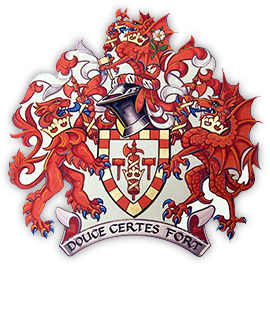While Writs of Control and Writs of Possession are the most commonly enforced by High Court Enforcement Officers, there are other instances where a different type of enforcement is more appropriate.
The High Court Enforcement Officer will be able to advise on whether they think any other types of enforcement may be more suitable. A few examples of these are highlighted below.
FAQs
What is a Charging Order?
An application for a Charging Order is only usually made when the value of the debt is quite high.
This means that the judgment is secured against the debtor’s property and recovered from the equity when the property is sold or mortgaged.
What is an Attachment of Earnings Order?
If a debtor is employed, an Attachment of Earnings Order requires their employer to regularly make deductions from their salary to satisfy the judgment debt.
What is a Third-Party Debt Order?
Sometimes the court will grant a Third Party Debt Order if there is an outstanding debt and the debtor is owed money from a third-party. For example, if a business is owed money from trade debts.
A Third Party Debt Order means the person or business that owes the debtor money pays it directly to the creditor.
What is an Order to Obtain Information?
An Order to Obtain Information can be issued if a debtor doesn’t co-operate with the court or HCEO and refuses to provide information about their assets.
In these circumstances, the Court can interview them to establish what assets they might have, and where they might be located.
If an Order to Obtain Information is issued, the debtor must attend court, and under oath disclose such information as their:
- employment status, together with details of your employer and wages
- details of dependants, and outgoings
- details of additional income
- details of any properties owned
- details of bank and savings accounts.





